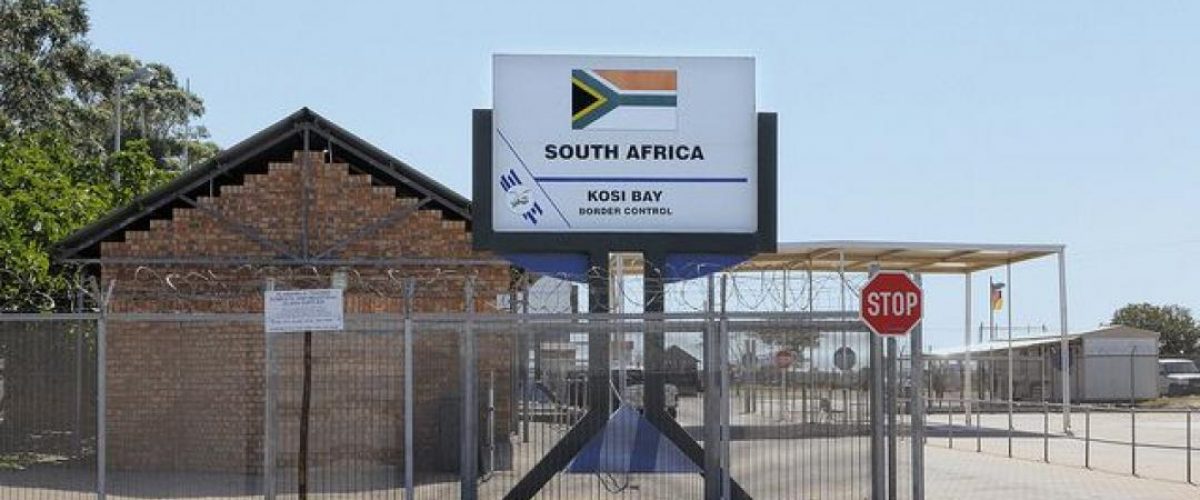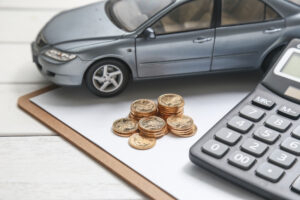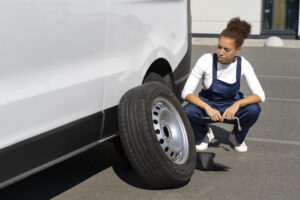By H&H & Admin
The holiday season is upon us and those visiting neighbouring countries will need to be adequately prepared for a stress-free border crossing.
It is important to prepare well for the trip, whether you’re travelling for just a few hours or embarking on a long cross-border road trip.
Driving across the border is not as simple as having a valid passport, driver’s license and proof of COVID_19 vaccination. Any driver who crosses the border in their car is required to have a certified copy of the vehicle’s registration (or license) papers.
Having a clear plan of where you are going, complete with rest stops and overnight accommodation where necessary should be at the top of your list. If you are not adequately prepared for crossing the border, you could find yourself in a sticky situation; particularly if you’ve missed a crucial bit of paperwork, such as a border letter or a warning sticker.

If your car is not financed, you won’t need a border letter from the bank but you will need other documentation such as certified vehicle registration documents and a police affidavit proving the car is yours. If you are using someone else’s car, you will need written permission from the registered owner to take their car over the border.
On the other hand, financed vehicles can only be taken out of the country with permission from the financing bank. Drivers of rental vehicles must have a letter from the rental company giving full consent for the vehicle to be taken out of the country.

Drivers should also contact their insurance companies to establish that their comprehensive policy covers cross-border travel. They may need to include details of the country being travelled to. Failure to do so puts the driver at risk of not being covered by the insurer should the vehicle be stolen or damaged outside of South Africa’s borders. Additionally, laws in that country might hold the driver financially liable for any damage caused.
Some countries require you to place the blue and yellow warning triangle or the T-sign on your caravan or the trailer towing your boat. Other neighbouring countries require you to have a set of red warning triangles in your possession as well as reflective jackets. Double-check what stickers, triangles, or safety gear you need before you depart.

Driving for long hours on busy roads requires patience and focused concentration, make sure that you are well-rested and sufficiently nourished and hydrated for the drive. It is advisable to stop every 200km or two hours of the drive to avoid fatigue.
Be aware of other cars on the road at all times, drive within the speed limit and remember, to wash your hands, use sanitizer, wear a mask and to maintain social distancing.
Source: Wesbank Financial Services






